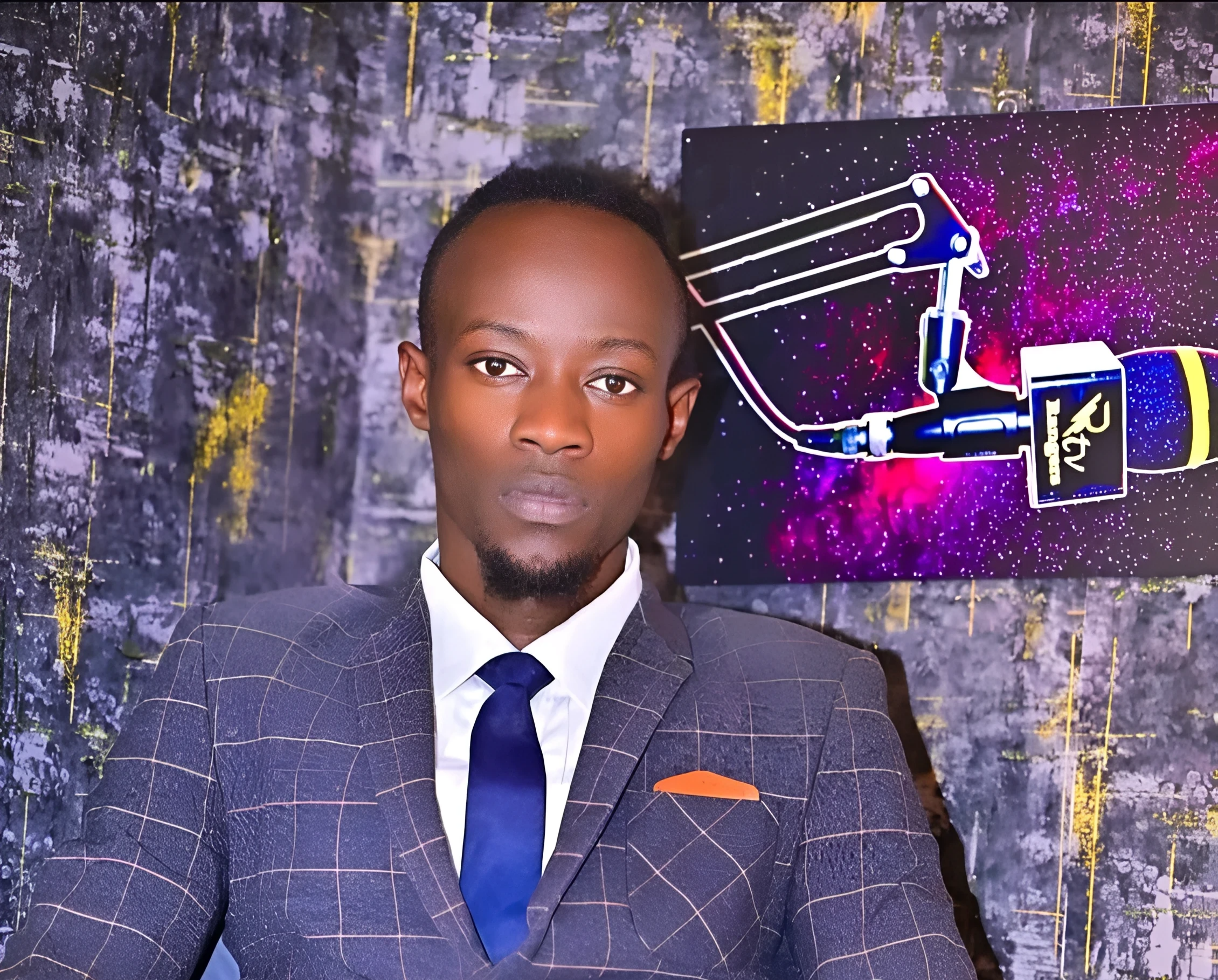
In today’s rapidly evolving society, the realms of entertainment and politics intertwine more than ever, shaping public perception and influencing cultural narratives. As audiences consume films, television shows, music, and social media, they engage with content that reflects and often critiques the political climate. This relationship is dynamic and symbiotic, allowing us to explore how politics shapes entertainment and vice versa. From satirical comedy that critiques policy decisions to powerful documentaries that highlight social injustices, entertainment serves as a mirror to political realities, creating a fascinating landscape where the two forces collide.
As we delve deeper into this intersection, we will examine specific case studies that illustrate the profound impact of political events on the development of popular culture and entertainment trends. Additionally, we will consider the future of storytelling as we navigate a shifting political landscape that continuously redefines audience expectations and creative expression. Join us on this journey to uncover the intricate connections between politics and entertainment, and discover how these domains influence each other in our contemporary world.
Understanding the dynamic relationship: Explore how politics shapes entertainment and vice versa
The relationship between entertainment and politics is a dynamic interplay that reflects societal values and power structures. Political events often inspire filmmakers, writers, and artists to create works that resonate with audiences, highlighting political issues and igniting discussions. For example, films like The Hunger Games and 12 Years a Slave draw on historical and contemporary political themes, encouraging viewers to reflect on social injustices and government authority. These narratives not only entertain but also inform the public discourse, pushing audiences to explore their own beliefs and values in relation to the political landscape.
Conversely, entertainment can also shape political outcomes by influencing public opinion and voter behavior. The rise of social media has amplified this connection, allowing celebrities to use their platforms to advocate for change and mobilize their followers. Pop culture figures like Taylor Swift and LeBron James have openly voiced their political stances, impacting the electoral landscape and encouraging civic engagement. By exploring how entertainment is used as a tool for political activism, we can better understand the reciprocal nature of this relationship, where both realms continually influence one another and reflect the cultural zeitgeist.
Case studies in action: Explore how politics influences popular culture and entertainment trends
Politics has a profound impact on the themes and narratives that dominate popular culture. For instance, television shows such as The West Wing and Parks and Recreation have crafted engaging portrayals of political life, ultimately intertwining viewers with the realities of government and civic engagement. These programs not only entertained but also educated audiences on the political process, highlighting the importance of democracy and public service. Similarly, documentary films like Fahrenheit 9/11 and The Act of Killing have showcased how filmmakers use their craft to respond to political events, challenging audiences to confront pressing societal issues. These case studies demonstrate that entertainment can serve as a powerful vehicle for political discourse, bridging the gap between the public and complex political narratives.
Moreover, the influence of global political movements on entertainment is equally significant. Consider how the #MeToo movement has inspired writers and creators to address themes of gender inequality and sexual harassment in their works. Films and television series have begun to reflect these societal calls for change, leading to more diverse stories that resonate with a wider audience. The portrayal of social justice issues within storytelling not only sparks conversations but also drives shifts in industry practices. As artists and content creators respond to public sentiment, they shape the entertainment landscape while simultaneously reflecting and influencing political attitudes. Through these case studies, we can clearly see how the interplay between politics and entertainment is not just impactful but essential for fostering dialogue and inspiring change within society.
The future of storytelling: Explore how shifting political landscapes are transforming the entertainment industry
As political landscapes evolve, so do the narratives we find in films, television shows, and other forms of entertainment. Creators increasingly draw upon real-world events and socio-political issues, using their platforms to reflect, critique, and drive conversations on the pressing matters of the day. This shift in storytelling allows for a richer engagement with audiences, who seek both entertainment and meaningful commentary. Shows like The Handmaid's Tale and films such as Parasite showcase how narrative frameworks adapt to resonate with contemporary political climates, encouraging viewers to confront uncomfortable truths and inspiring social reflection.
Moreover, the rise of streaming services has further blurred the lines between entertainment and political discourse. With platforms like Netflix and Hulu embracing diverse storytelling, they provide space for underrepresented voices that often highlight social injustices, environmental issues, and political strife. This democratization of content creation empowers new storytellers to address politically charged topics, which not only entertains but also mobilizes audiences toward awareness and action. As we move forward, the intertwining of politics and entertainment promises to shape the industry in unprecedented ways, leading to innovative narratives that challenge and inspire change.